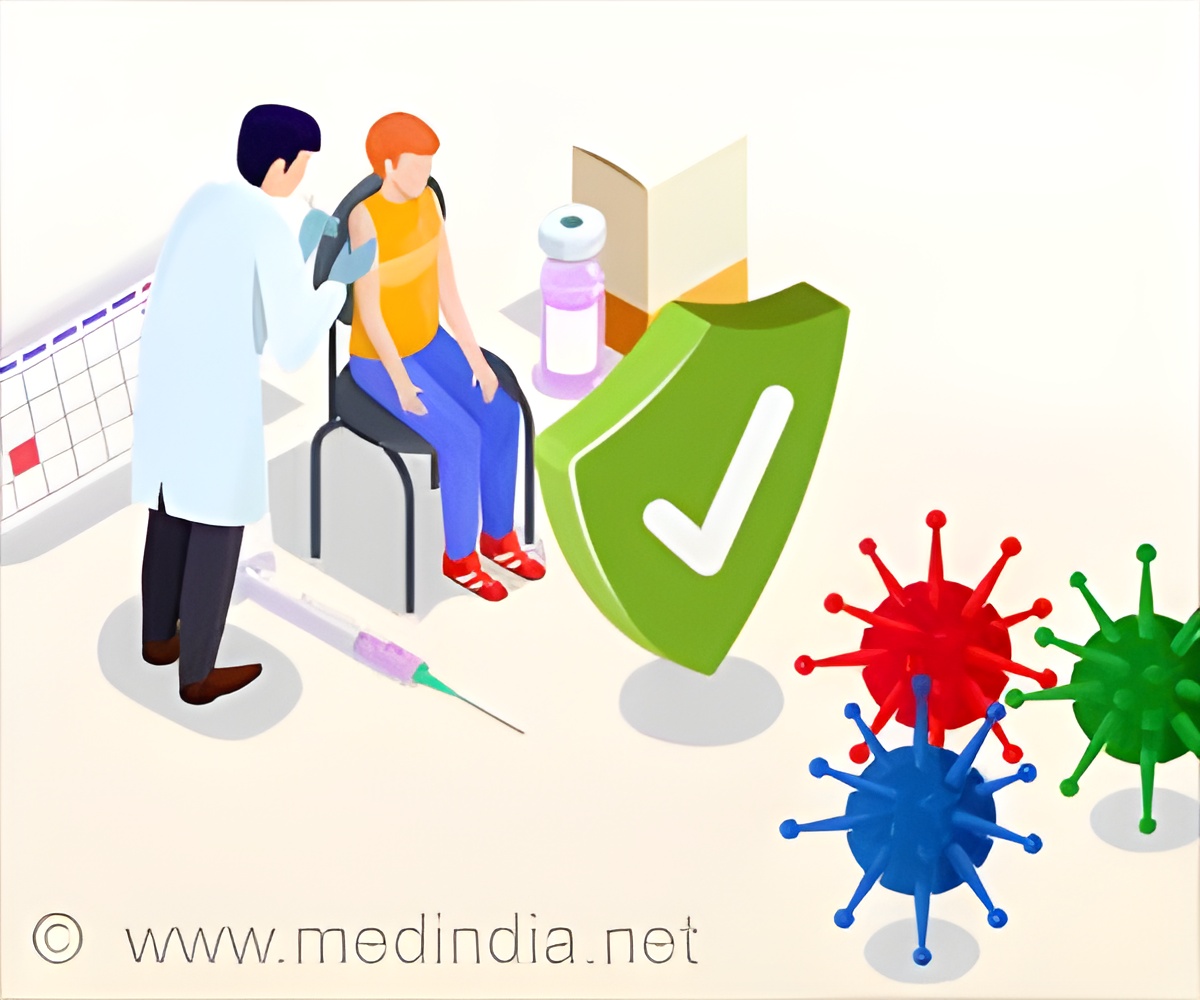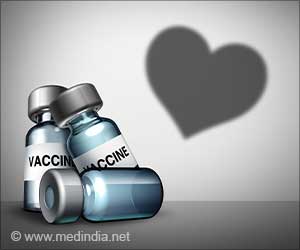
Link Between COVID-19 Vaccination and Long Covid Symptoms
Vaccines against COVID-19 are effective in reducing the rates of infection, transmission, hospitalization, and death. Evidence also suggests that long covid is reduced in those who were infected after vaccination, but the effectiveness of vaccination on pre-existing long covid is less clear.‘Evidence also suggests that long covid is reduced in those who were infected after vaccination, but the effectiveness of vaccination on pre-existing long covid is less clear.’
Tweet it Now
The latest UK Office for National Statistics (ONS) survey shows that 44% of long covid reporters have had symptoms for at least a year, two-thirds of whom report symptoms severe enough to limit your daily activities.So a team of researchers set out to estimate associations between COVID-19 vaccination and long covid symptoms in adults with COVID-19 infection before vaccination.
They were based on ONS data for 28,356 adults aged 18 to 69 years (mean age 46; 56% women; 89% white) who received at least one dose of COVID-19 vaccine dose after testing positive for the infection.
They then tracked the presence of long covid symptoms during a seven-month follow-up period (February to September 2021). Long covid symptoms of any severity 6,729 participants (24%) reported by at least once during follow-up. Before vaccination, the odds of experiencing long covid changed a little over time.
A first vaccine was associated with an initial 13% decrease in the odds of long covid, but it is unclear from the data whether this improvement was sustained over the next 12 weeks, until a second dose of vaccine was given.
Advertisement
Similar results were also found when the focus was on long covid severe enough to result in limitation of daily activities.
Findings of the Research
Due to the observational design of the study, causality cannot be inferred, nor can the investigators rule out the possibility that other unmeasured factors, such as those related to starting a second dose of vaccine, may have affected their results.Advertisement
As such, the researchers say, "Our results suggest that vaccination of previously infected people may be associated with a reduction in the prolonged covid burden on population health, at least in the first few months after vaccination."
They call for more research into the long-term relationship between COVID-19 vaccination and long covid, and studies "to understand the biological mechanisms that underlie any improvement in symptoms after vaccination, which may contribute to the development of therapies for prolonged COVID." .
Researchers ask the question that are vaccines a potential treatment for prolonged covid. They have also acknowledged that benefits are possible in some individuals, not all, and say that the mechanisms underpinning changes in long-lasting COVID symptoms after vaccination are not yet fully understood.
Until a clear explanation is found, they say vaccination to reduce the risk of reinfection remains important for people with prolonged covid, and the evidence so far suggests the benefits are likely to outweigh any harm.
“Unfortunately, many unknowns remain about the long term prognosis of long covid, including the effect of booster vaccines or recurrent covid-19,” they write, and they call for more research “before we can hope to predict the effects of vaccination on individuals.”
Source-Medindia











